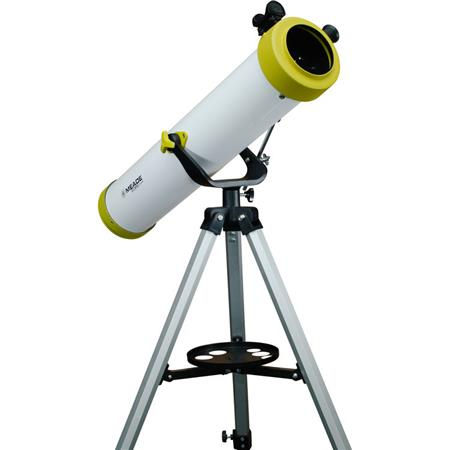Mirrors: Reflections on Coaching Supervision
- Oct 1, 2020
- 3 min read

When I was ten years old, I was given a 3 inch reflecting telescope. That’s the kind in which a concave mirror focuses light, bounces it into a series of mirrors and ultimately into the eye piece. I could see the moon as if I was holding it in my hand.
Now a telescope is being constructed on Mauna Kea in Hawaii which will have a 30 meter mirror! Why spend huge amounts of money, intelligence and passion to build a bigger mirror? Just this: to see beyond what our everyday eyes can see.
Isn’t that a big part of what we do as coaches? We help our clients see what they have not seen about their environments, their goals, their lives, their possibilities.
A challenge in building giant telescopes is that earth’s gravitational pull distorts the huge mirrors enough to create inaccurate images. Care must be taken to continually adjust the mirrors and to avoid the slightest dirt – even as small as a skin cell – which will damage the reflection.
Reflective practice helps avoid distortions in coaching.
1. A coach became frustrated with his client’s progress toward agreed upon objectives. The coach’s intense values about completing objectives had prevented him from recognizing that his client’s world had changed dramatically during the engagement. Distortion: substituting his values for his client’s.
2. Another coach felt she and the client were swirling around, yet the client was very happy with the monthly conversations. Nothing changed. Distortion: the coach and client had similar difficulty prioritizing.
3. Another coach was working with a young executive. The executive received difficult feedback from her CEO and the coaching relationship deteriorated. Through supervision, the coach realized he was unconsciously caring for the executive as if he was her father. Distortion: loss of clear boundaries between parts of his life.
4. A health and wellness coach was frustrated with a client’s weight loss progress. In reflection, the coach discovered that her own life-long relationship with food was masking her compassion for the client, whose story about food was profoundly different. Distortion: assuming our histories and values flowing form them are the same.
Reflective Practice in supervision is a discipline of opening ourselves to fresh information about what we see, feel, think, want and do. It calls us to see ourselves and our clients as accurately as possible before, during and after the coaching conversation.
In short, reflective practice is a process of polishing and correcting our mirrors.
Why is this important beyond initial coach training?
In coach training, we learn important theories and competencies; we learn how to coach. According to Schon (1987) and McGonagill (2000) this process provides us with “espoused theories” as distinct from “theories in action”. The latter are the theories, and by extension behaviors, which we attempt to apply in moments of coaching. Schon and others observed that professional workers (in various fields) described their work one way and actually did it another way. Reflective practice helps bring espoused and in-action knowledge closer together over time, and it is never complete because our mirrors, like those on Mauna Kea, are constantly shifting.
How can we develop a reflective practice? One approach is to work with a person trained in guiding reflective practice. In the world of coaching, this person is being referred to as a Coaching Supervisor who has substantial understanding of both coaching competencies and additional experience with coaching psychology, dynamics of relationships, human systems dynamics and various tools for deep reflection. A result of this work is development of an internal supervisor – a part of us that observes our coaching in real time and helps keep the mirrors clean and aligned.
We can also begin reflective practice by attending regularly to a process.
Find a mirror, physical or in your mind. Take a moment and gaze into your reflection.
1. What do you feel good about in your coaching?
2. What is unsettling in your coaching right now? A client session that didn’t go as planned? A client relationship that is suddenly not as comfortable as it was? Clients you find you actually don’t like?
3. What distortions might be creeping into your mirrors? Fatigue? Fast pace? Surety rather than curiosity?
4. What boundaries are in need of attention? Might you be performing roles that are not yours to perform? Are you moving away from your client when there’s conflict in the air? Are you trying to make your client happy?
5. What other questions are you sitting with and where could you go for answers?
References: 1. Donald Schon, (1987) Educating the Reflective Practitioner. Jossey-Bass 2. Grady McGonagill (2000) The Coach as Reflective Practitioner, Notes from a Journey without End. In Executive Coaching: Practices and Perspectives. eds Catherine Fitzgerald and Jennifer Garvey. Davies Black Publishing.




Comments